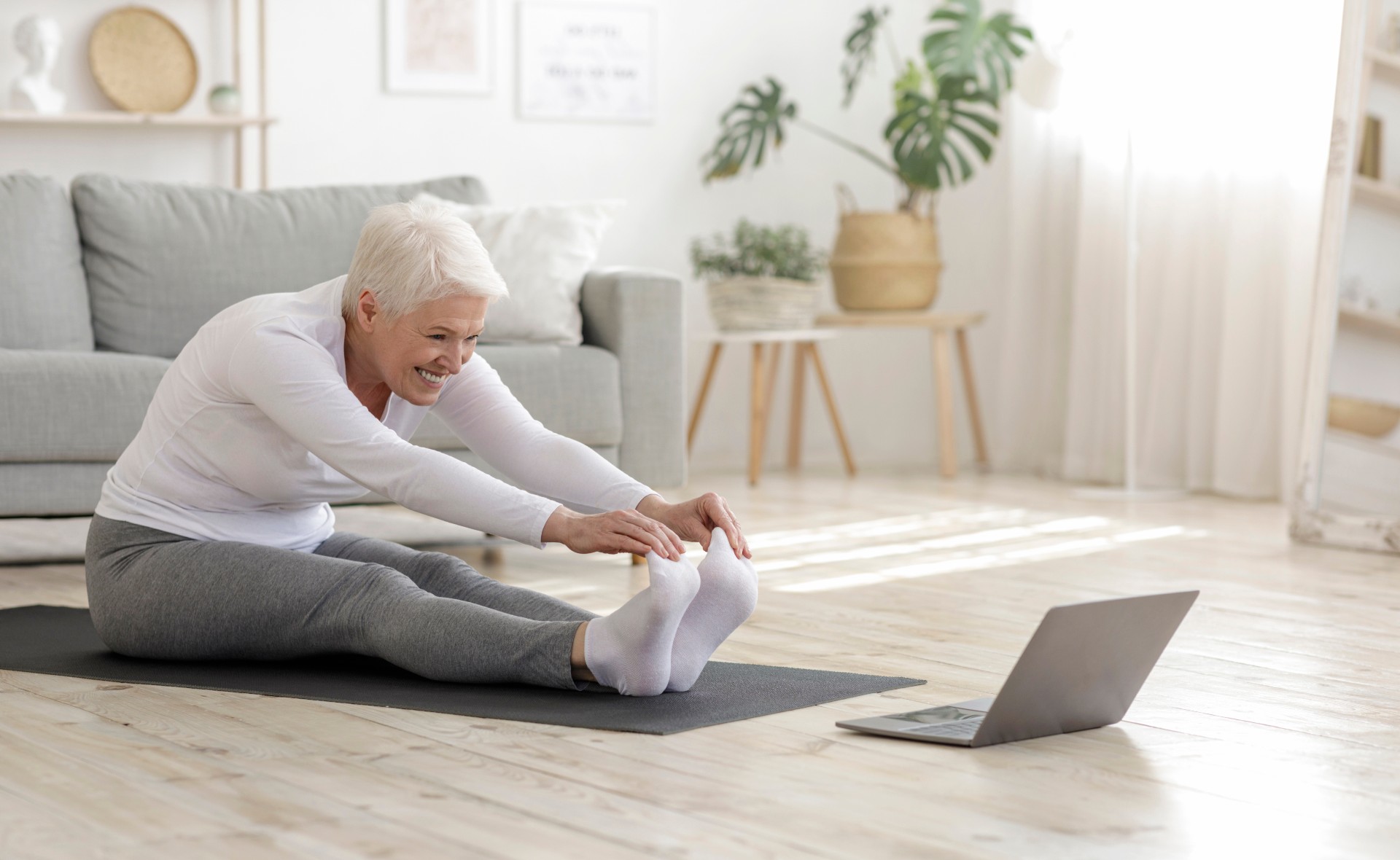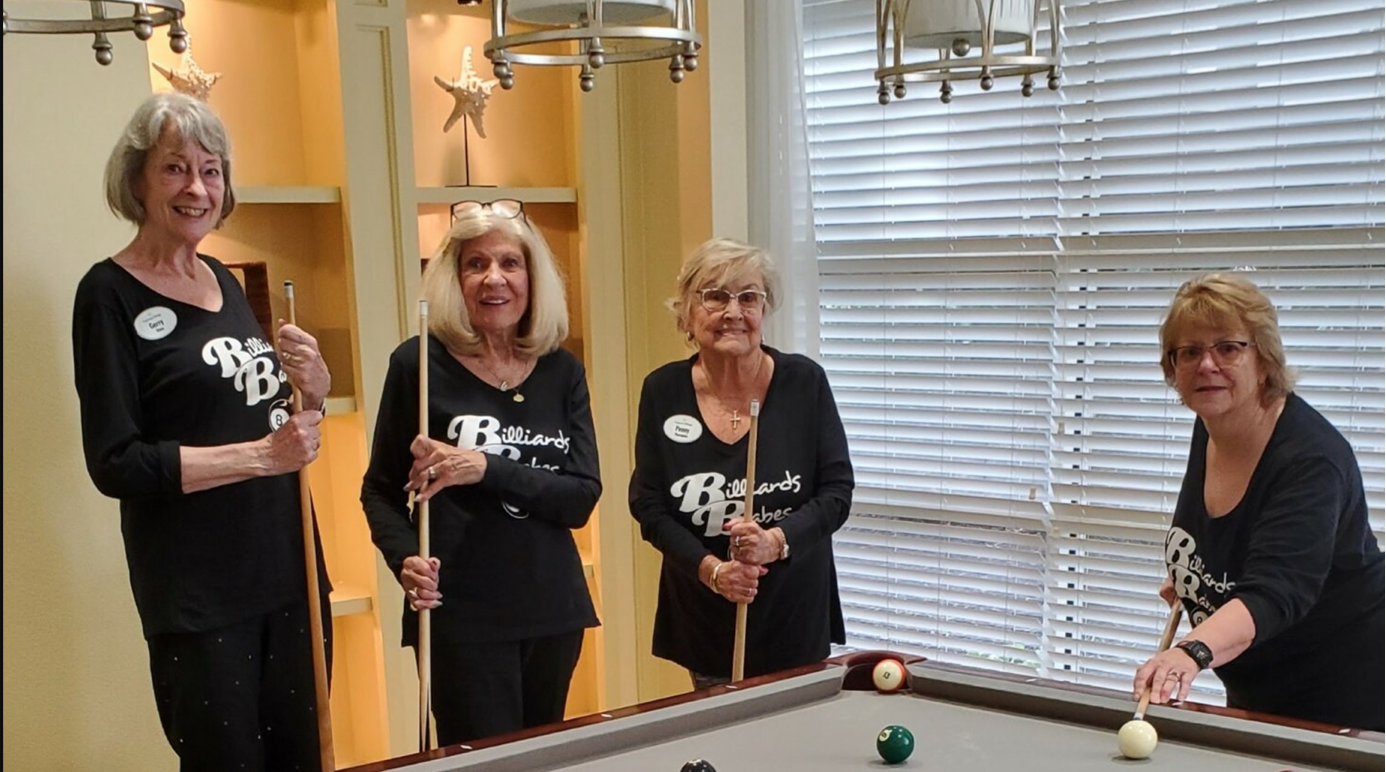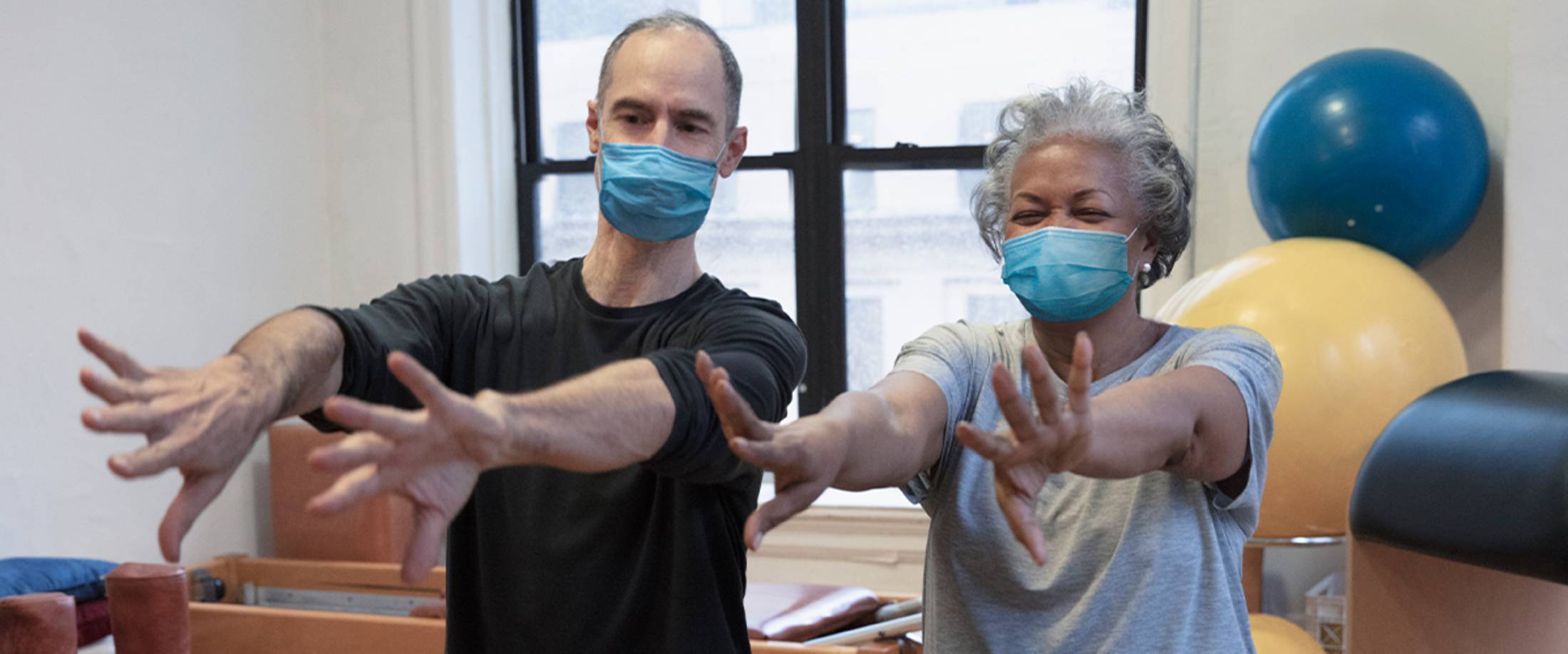Everyday Ways to Help Boost Your Memory

After sitting still for an extended period, you may notice your joints are stiff when you stand. A little stretching, a little flexing, and you’re back in action. Did you know your memory works in a similar way? When you consider that the brain is one giant muscle, it’s not so surprising — and it may even help you understand why it’s a good idea to take action to improve your memory.
Giving your brain a regular workout can help keep your memory sharp, especially if you’ve noticed you’re forgetting trivial things like the name of the receptionist at your doctor’s office or your favorite brand of cereal. You can improve your memory with mental exercises and other healthy habits.
How to Improve Your Memory
These tips can help give your brain a boost to keep your memory sharp:
- Make exercise a priority. Exercise is included on virtually every list of healthy habits. When it comes to protecting your memory, why exercise matters is pretty simple. Exercise gets your blood pumping, which means you’re transferring more blood and oxygen to your brain. Exercise also promotes reduced inflammation and stress, while encouraging brain cell health and better sleep — all of which can help improve your memory.
- Stimulate your brain. Hitting the gym (or at least a walking trail) is one thing, but working out your brain itself is also important. If you’ve ever noticed you feel a little fuzzy about slipping back into your normal routines after being away on vacation, you know what the phrase “use it or lose it” means when it comes to your cognitive health. Crossword puzzles and brain games are good ways to exercise your mind. Learning a skill or hobby is another option for engaging your brain while giving yourself a sense of accomplishment for mastering something new.
- Maintain your social ties. As you grow older, you may find your social calendar isn’t as robust as it once was. Keeping up your personal relationships is good for your mental health (which in turn affects your physical health); staying social can also help with your memory. Conversing with others keeps your vocabulary strong, and friendly banter can stimulate your language processing abilities and improve your memory. You may even find it’s more enjoyable to get a mental workout by participating in memory games with peers.
- Keep tabs on your health. Some health conditions take a toll on your body and divert your body’s resources, which can make you feel mentally sluggish and affect your memory. Some medicines can affect your mind, too, so it’s important to communicate concerns with your doctor and follow their guidance to manage chronic conditions to the best of your ability.
- Actively manage stress. All the changes that come with aging can be stressful, but too much stress can be hard on your entire body, including your brain. Too much cortisol (the stress hormone) can make it hard to tap into your memory. Get plenty of sleep and be intentional about relaxing and de-stressing on a regular basis, whether it’s through meditating, reading, listening to music, or something else that soothes you.
When to Worry About Memory Loss
Occasional forgetfulness is common as you age, but memory lapses that affect your daily life or compromise your safety are much more concerning. Talking with your doctor will help you determine whether you’re experiencing normal age-related memory loss or something more serious. A diagnosis of Alzheimer’s disease or another form of dementia would put your memory loss beyond your control, but early intervention can help manage your symptoms and improve your quality of life.
Living with Memory Loss
Although memory and other functions may diminish over time, people living with Alzheimer’s disease and other forms of dementia retain many abilities that allow them to lead enriching and successful lives. This is the heart of our approach to memory care at Cypress Village.
Through our nationally recognized, person-centered Heartfelt Connections program, your loved one can flourish with life-affirming activities that match where they are in their memory loss journey. Contact us to learn more about how Cypress Village can offer dignity and respect to older adults experiencing memory loss, while providing their loved ones added support and peace of mind.




